Chinese medicinal herbs such as goji berries, ginseng, Angelica sinensis, Polygonatum sibiricum, and mulberries soaked in wine have good nourishing effects on the body. Medicinal wine has the effects of promoting blood circulation, nourishing qi and blood, nourishing yin and kidney, etc. It is suitable for people with weak constitution or specific sub-health conditions to drink in moderation.
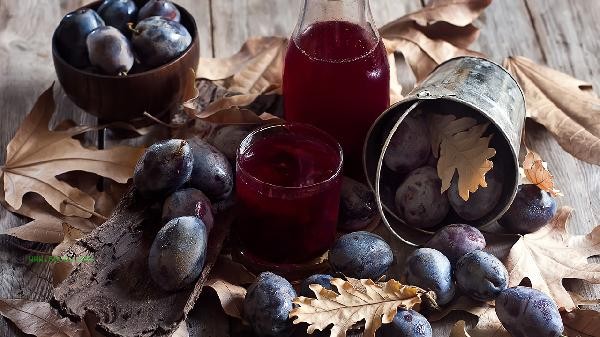
1. Goji Berry
Goji berry has a flat and sweet taste, and belongs to the liver and kidney meridians. It contains components such as goji polysaccharides and betaine. Soaking goji berries in wine can help improve symptoms such as soreness and weakness in the waist and knees, dizziness and vertigo caused by liver and kidney yin deficiency, and enhance immunity. It is recommended to use red wolfberry produced in Ningxia and soak it with pure grain Baijiu of about 50 degrees in a ratio of 1:10, and drink no more than 50 ml every day. People with yin deficiency and excessive fire should use it with caution.
2. Ginseng
Ginseng has a great nourishing effect on vitality, containing active substances such as ginsenosides and volatile oils. Ginseng wine is suitable for people with insufficient qi and blood, weak body, and can improve cardiovascular and pulmonary function. Soak fresh ginseng slices or dried ginseng whole roots in high Baijiu, seal and store for three months before drinking. Hypertensive patients and those with a tendency towards excessive internal heat should avoid drinking.
III. Angelica sinensis
Angelica sinensis is an essential blood supplement medicine, containing ferulic acid and volatile oil components. Danggui wine has a regulating effect on menstrual disorders, blood deficiency, and yellowing in women, and can promote blood circulation. It is recommended to mix with Rehmannia glutinosa and soak it together. When the liquor turns amber, it can be consumed. Pregnant women and those with excessive menstrual flow are prohibited from using it.
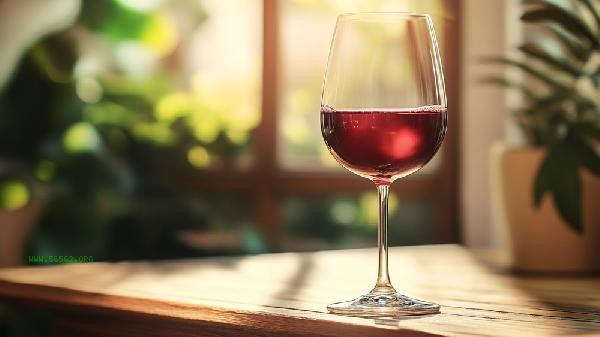
4. Huangjing
Huangjing has a sweet and flat taste, and is rich in Huangjing polysaccharides and dioscin. Huangjing liquor can nourish the spleen and moisten the lungs, improve appetite loss caused by spleen and stomach weakness, and also have a relieving effect on dry cough and low phlegm. After nine steaming and nine sun drying, Huangjing is more suitable for soaking in wine, and the soaking time should exceed two months.
5. Mulberry
Mulberry contains antioxidant components such as anthocyanins and resveratrol. Mulberry wine can nourish yin and blood, generate fluids and moisten dryness, and has an auxiliary effect on improving premature graying of hair and insomnia with frequent dreams. Fresh mulberries need to be washed and dried, then layered with rock sugar and fermented in wine. After three months, they should be filtered and consumed. Diabetes patients should control the amount of drinking. Although medicinal wine has certain health benefits, it should be selected based on the differentiation of physical constitution. Before soaking medicinal herbs, one should consult a traditional Chinese medicine practitioner, choose authentic herbs, and strictly control the soaking time. When drinking, do not exceed 100 milliliters per day and avoid drinking on an empty stomach. Patients with hypertension, liver disease, and pregnant women should avoid using it. Medicinal wine cannot replace medication for treatment. If discomfort occurs, it should be stopped and medical attention sought in a timely manner. Long term drinkers are advised to stop drinking for two weeks every three months to avoid alcohol accumulation and liver damage. When storing, it should be sealed away from light and placed in a cool and ventilated place.
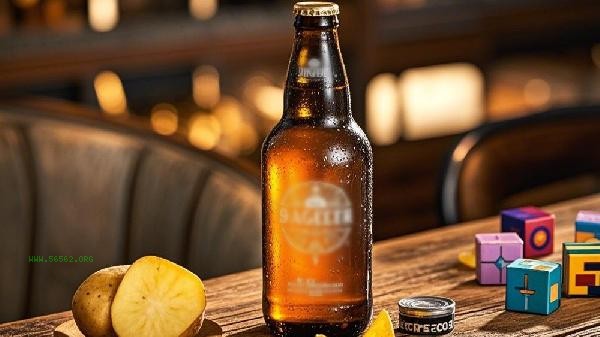

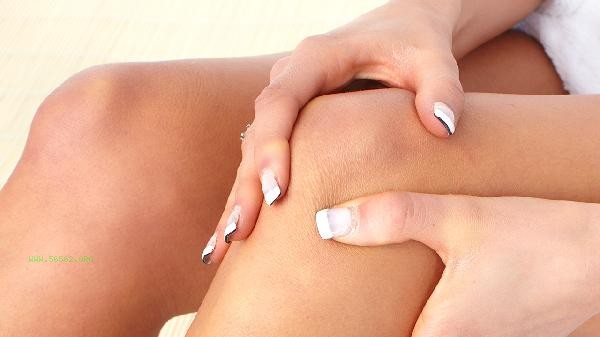
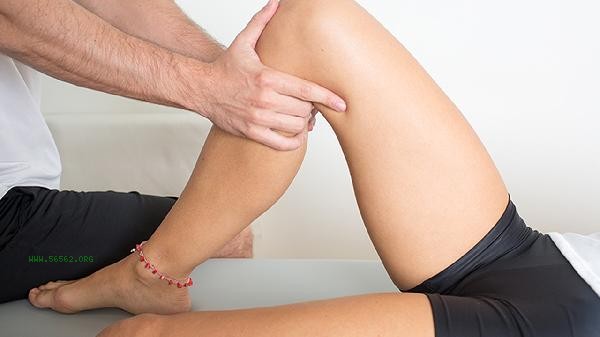
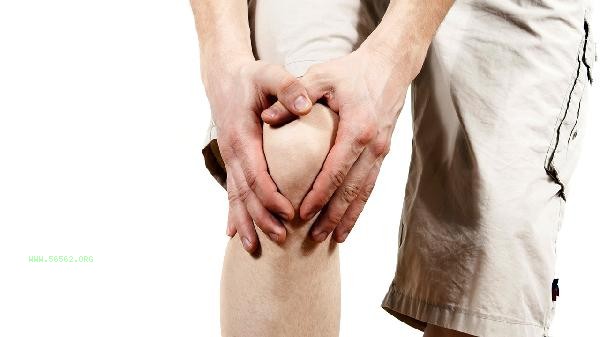
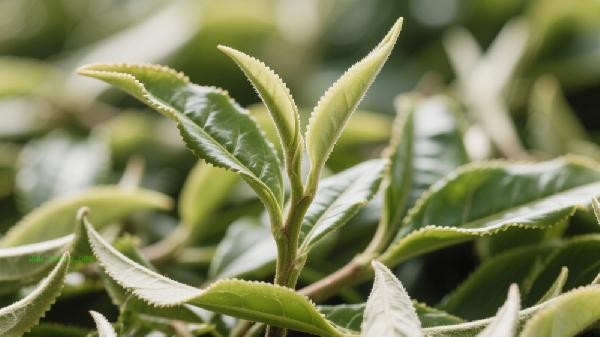
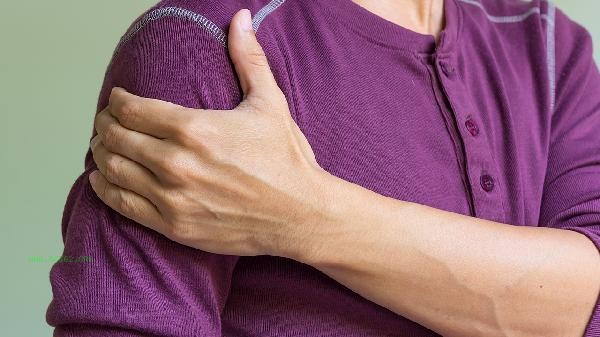



Comments (0)
Leave a Comment
No comments yet
Be the first to share your thoughts!